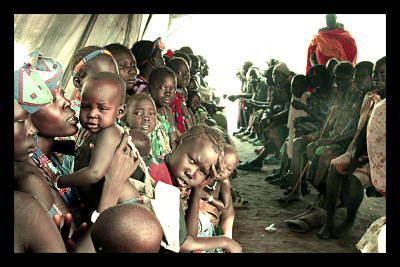South Sudan Focuses on Reducing Youth Poverty

The issue of poverty in South Sudan is very complex, however, the organization Plan International is adamant that a key component to poverty reduction is concentrating on decreasing poverty among young people in the country. A 2009 Southern Sudan Household Survey disclosed that 50.6% of the population survives on less than $2 a day. In addition to income limitations, poverty also brings a lack of healthcare, food, sanitation, and clean water.
In order to improve these conditions, Nigal Champman, the Chief Executive Director of Plan International, suggests focusing on children as a financially small investment. He explained, “We all know that young people can play an important role in national development if provided with the right tools, the learning and capacity to employ those tools, and a supportive environment in which to use them.” However, these children can just as easily continue to live in the poverty cycle if they are not provided with education, healthcare or proper nutrition.
The organization has invested $30 million in South Sudan since 2006 and is planning on providing another $30 million in the next three years. Plan International will utilize this money by working with government officials to implement policies meant to keep children in school. Other ways Plan International contributes to the reduction of poverty in South Sudan is through food and clean water distribution, supporting agricultural developments, peacekeeping programs, and providing access to health services.
In a country where 50% of the population is young children or adolescents, about 60% of the poor belong to this demographic. In addition to the previously mentioned disadvantages, these young people also struggle because many are orphans of parents who have AIDS or victims of conflict or child labor. While South Sudan may be a convoluted situation, organizations like Plan International are working to ensure that poverty is a thing of the past by investing in children, who are our future.
– Mary Penn
Sources: All Africa, Youth Policy
Photo: Doctors without Borders
